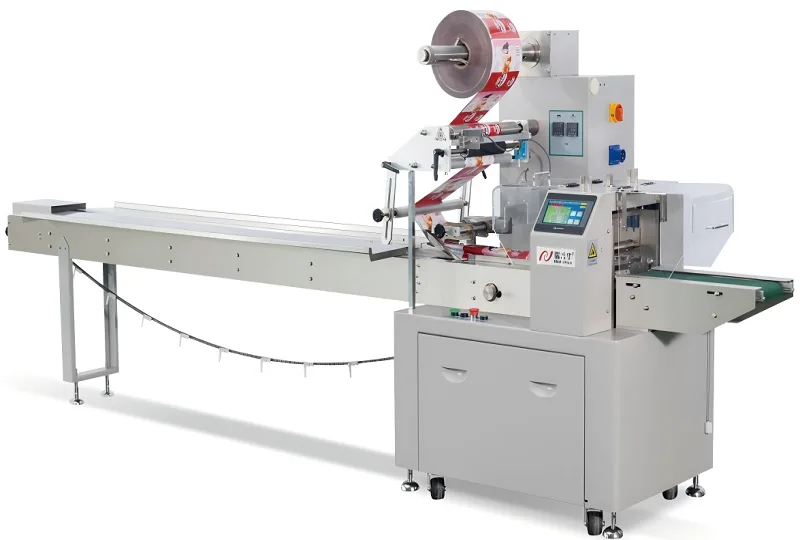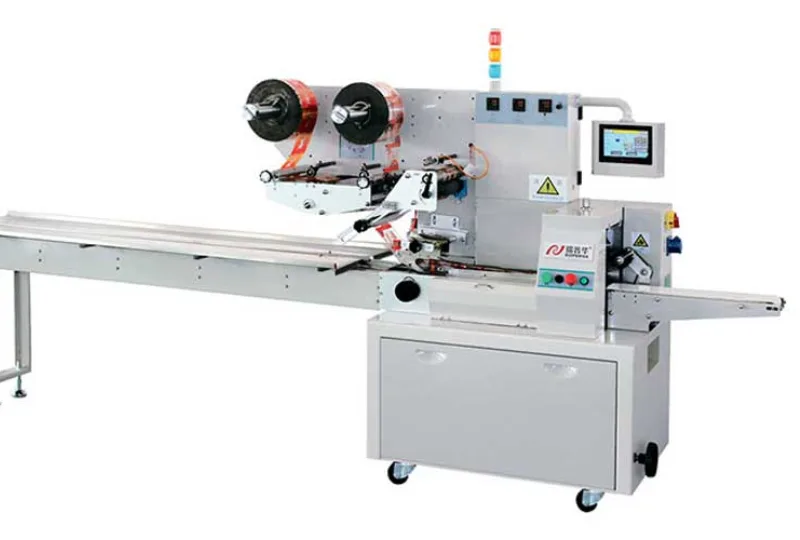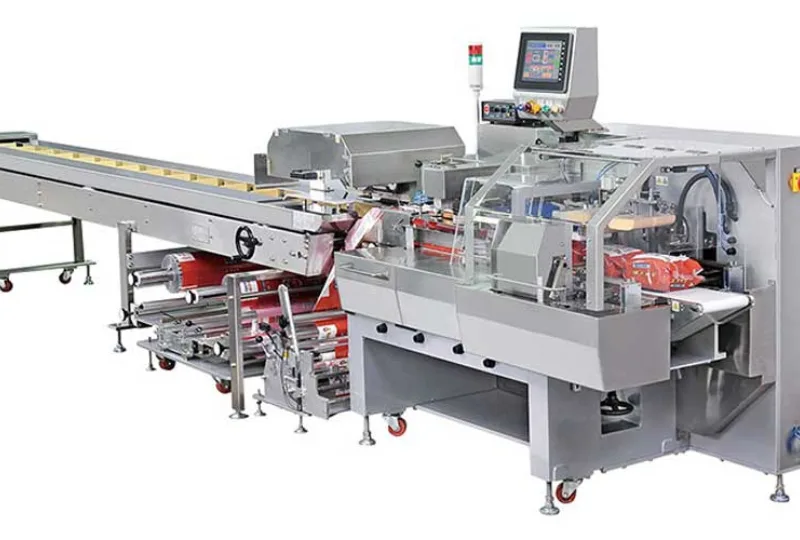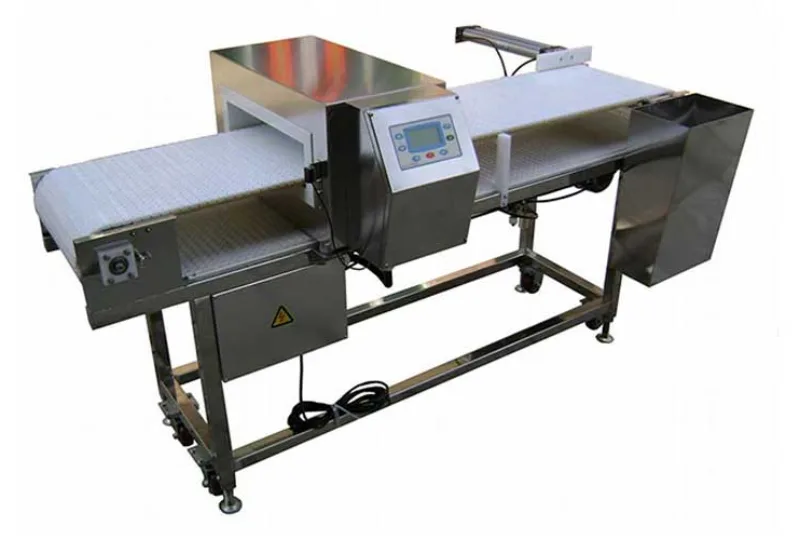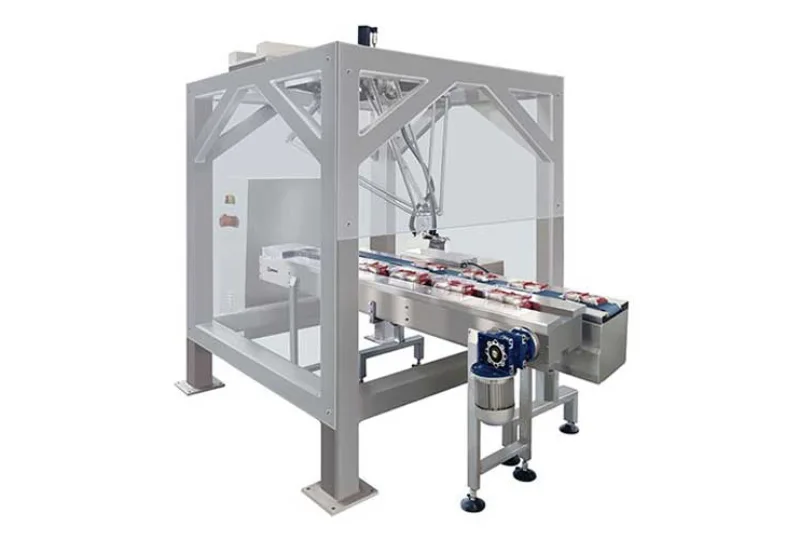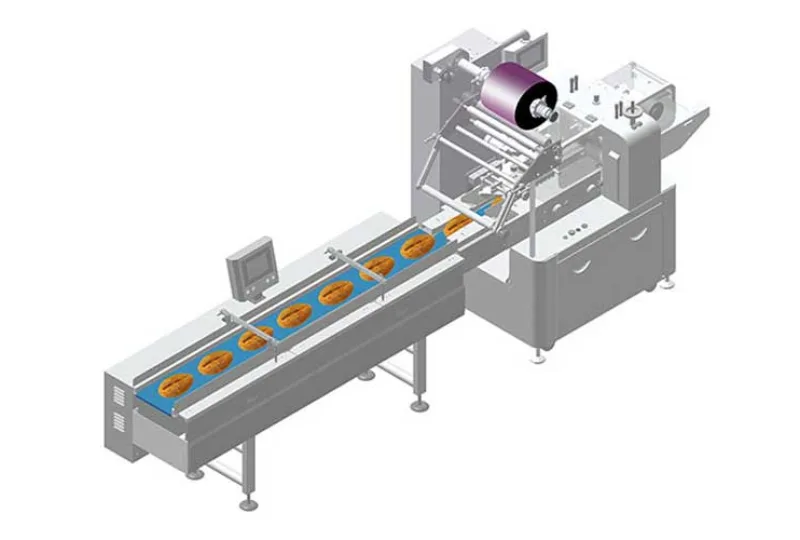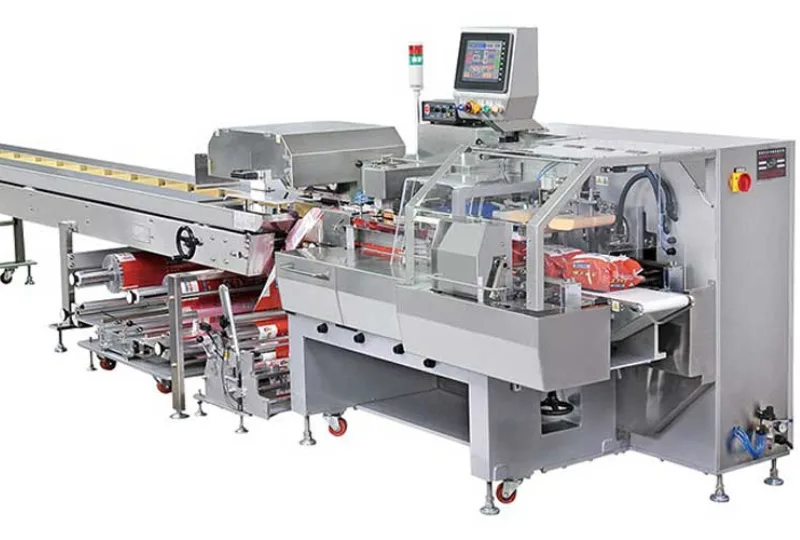Eco-Friendly Options for Pillow Wrapping Machines
In today’s environmentally conscious world, businesses are increasingly seeking sustainable solutions to reduce their environmental footprint. This includes finding eco-friendly options for packaging machinery, such as pillow wrapping machines.
Biodegradable Films
Biodegradable films are made from plant-based materials, such as starch, cellulose, or polylactic acid (PLA). These films break down into organic matter over time, minimizing waste and reducing the demand for synthetic plastics.
– Advantages: Biodegradable films are environmentally friendly, reducing landfill waste and greenhouse gas emissions. They are also certified compostable in both industrial and home composting facilities.
– Disadvantages: Biodegradable films can be more expensive than traditional plastic films. They also have a shorter shelf life than plastic films and may not be suitable for all applications.
Compostable Films
Compostable films are similar to biodegradable films, but they meet specific industry standards for compostability. These films break down into natural elements within a certain timeframe and temperature range.
– Advantages: Compostable films are certified to break down in industrial composting facilities, ensuring proper waste management. They are also made from renewable resources, reducing reliance on fossil fuels.
– Disadvantages: Compostable films can still be more expensive than traditional plastic films. They require specific composting conditions to decompose effectively.
Recyclable Films
Recyclable films are made from materials that can be reprocessed and reused in the production of new materials. This helps conserve resources and reduce the need for landfill space.
– Advantages: Recyclable films are a more sustainable option than traditional plastic films. They can be recycled multiple times, reducing waste. They are also more widely available and accepted at recycling facilities.
– Disadvantages: Recyclable films may not be as easily recycled as other materials, such as paper or cardboard. They also require proper recycling infrastructure to be effective.
Sustainable Machining Practices
In addition to using eco-friendly films, pillow wrapping machines can also incorporate sustainable machining practices to reduce their environmental impact.
– Energy Efficiency: Machines with energy-efficient motors and components can significantly reduce electricity consumption, lowering operating costs and greenhouse gas emissions.
– Reduced Waste: Machines designed to minimize waste through efficient film usage and optimized packaging processes can help conserve resources and reduce landfill waste.
– Responsible Manufacturing: Machines manufactured with sustainable materials and processes contribute to a greener supply chain. This includes using recycled materials, minimizing packaging, and ensuring proper disposal of manufacturing byproducts.
By adopting eco-friendly options for pillow wrapping machines, businesses can demonstrate their commitment to sustainability, reduce their environmental impact, and meet the growing demand for sustainable packaging solutions.
-
01
Automatic Tray Loading and Packaging Equipment: Boost Efficiency to 160 Bags/Minute
21-11-2025 -
02
Automatic Soap Packaging Machine: Boost Productivity with 99% Qualification Rate
21-11-2025 -
03
A Deep Dive into Automatic Toast Processing and Packaging System
18-11-2025 -
04
The Future of Bakery Production: Automated Toast Processing and Packaging System
18-11-2025 -
05
Reliable Food Packaging Solutions with China Bread, Candy, and Biscuit Machines
11-10-2025 -
06
High-Performance Automated Food Packaging Equipment for Modern Production
11-10-2025 -
07
Reliable Pillow Packing Machines for Efficient Packaging Operations
11-10-2025 -
08
Advanced Fully Automatic Packaging Solutions for Efficient Production
11-10-2025 -
09
Efficient Automatic Food Packaging Solutions for Modern Production
11-10-2025 -
10
Advanced Automatic Packaging Equipment for Efficient Production
11-10-2025






